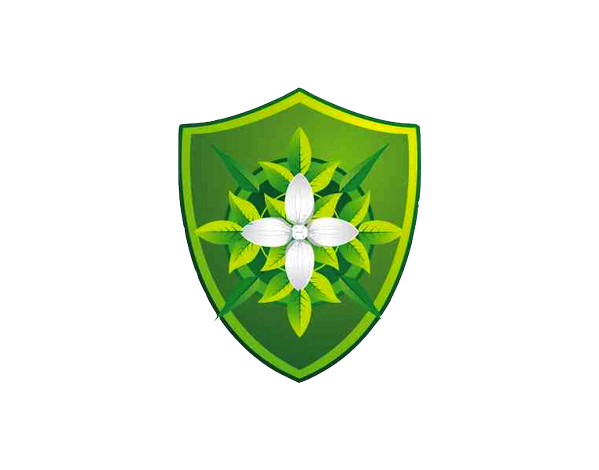Language Arts 2 A/B
In Segment A of this course, students will become stronger readers, build their vocabulary and become confident in the new skills they learn. They will be introduced to the basic elements of fiction such as characterization, plot and setting. They will also learn that stories can be fiction or non-fiction. The language study includes introduction to adjectives and adverbs, antonyms and synonyms, prefixes, and short and long vowel sounds. Writing instruction will address poetry and persuasive writing.
Segment B of this course will begin with a review of nouns and verbs. Students will read the novel Charlotte’s Web and look more closely at the elements of fiction. Writing instruction will include narrative writing as well as forms of poetry (haiku, cinquain, etc.). Students will read from the Junie B. series, engage in a Flat Stanley project, and explore career options in a unit on recognizing and using personal preferences and talents.
PRE-REQUISITES: None
ESTIMATED COMPLETION TIME: 32-36 weeks or approximately 125 – 135 hours
MAJOR TOPICS AND CONCEPTS — SEGMENT A
All About Me
All About Me
Adjectives
Synonyms, Antonyms, and Story Maps
Sentences
Poetry
Tops and Bottoms
Review Short Vowels
Story Setting
Review Long Vowels
VCCV Words
Prefixes
Context Clues
Fiction or Non-Fiction?
Conventions of Writing and Persuasive Essays
Review Context Clues and Prefixes
Friendship
Purposes for Reading
Story Structure
Summarizing Fictional Text
Making Connections
Friendly Letter
Healthy Living
Sequence events/retelling
Parts of speech and decoding
Vocabulary use
Poetry
Express Your Ideas
Understanding Nonfiction Text
Nonfiction Text
Text Features
Main Idea in Nonfiction Text
Supporting Details
Summarizing Nonfiction Text
MAJOR TOPICS AND CONCEPTS — SEGMENT B
Charlotte’s Webb
Plot
Story Structure
Suffixes
Review Nouns and Plural Nouns
Irregular Plural Nouns
Review Verbs and Past Tense Verbs
Irregular Past Tense Verbs
Narrative Writing
Review
Read and Write Poetry
Shape Poems
Acrostic Poem
Diamante and Acrostic Poems
Haiku
Writing Workshop
Comprehension, Main Idea, and Vocabulary
Paraphrase ideas or main events from the text.
Respond to text by questioning; accessing prior knowledge; reflecting, interpreting, and building on ideas; and making reasonable inferences.
Identify the difference between fact and opinion
Distinguish between essential and non-essential information within texts.)
Make predictions and draw inferences from text
Junie B Fun with Literacy
Character Traits: Adjectives and Adverbs
Inflected Verbs
Combining Sentences
Poetry
Making Inferences
